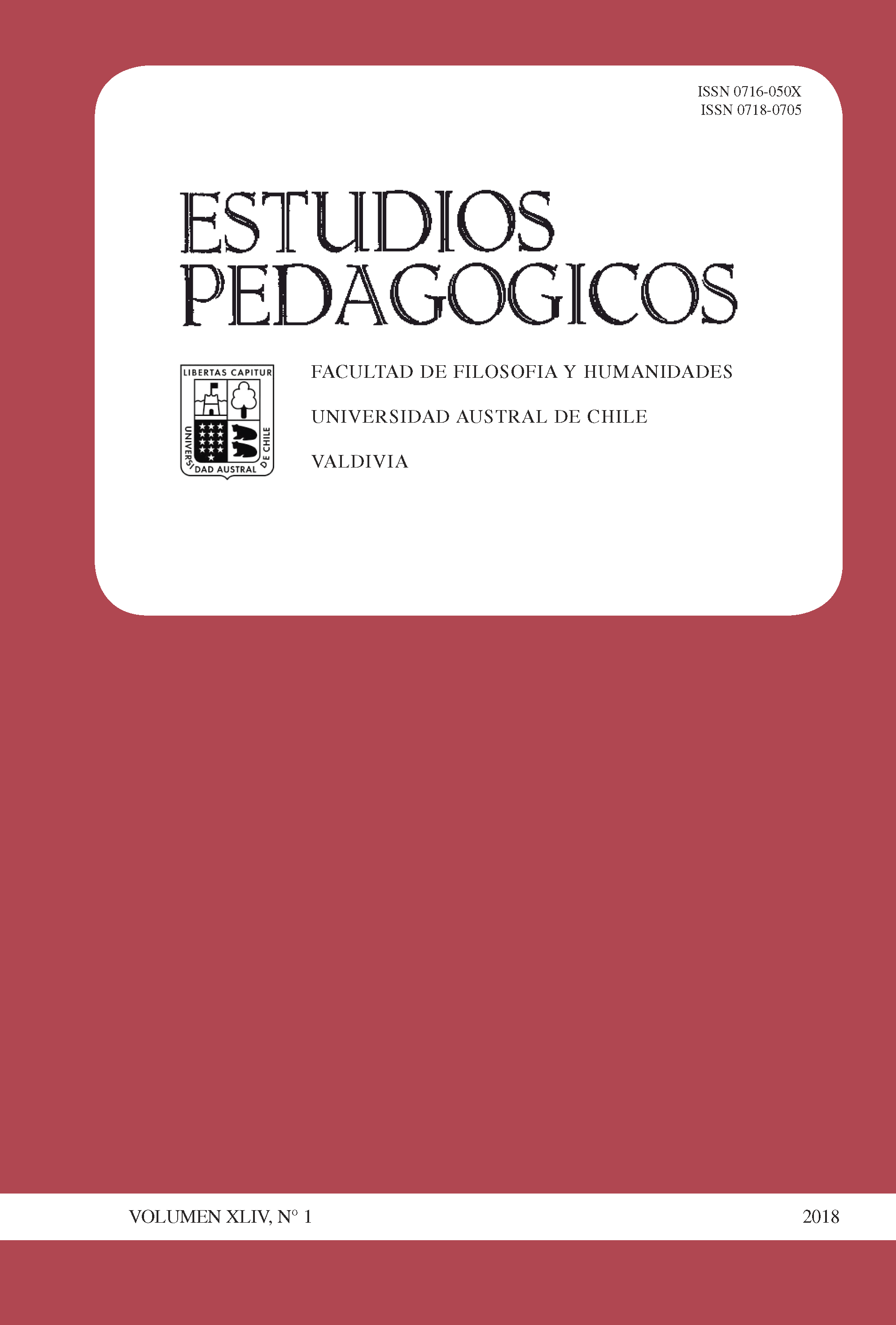Socioeconomic context, pedagogical practice and autonomous learning in the classroom
Main Article Content
Abstract
The aim of this research was to analyze the effective pedagogical practice for the achievement of autonomous learning in different socio-educational contexts of Elementary Education. Methodology consisted of a descriptive study of the classes of eight teachers, 16 executives and 40 children of first and second grade from four schools of the Metropolitan Region, Chile, selected according to their socioeconomic status (SES) and academic achievement measured by the test of the Education Quality Measurement System (SIMCE). Classes and interviews were recorded. Conversation Analysis (CA), criteria for the Mediated Learning Experience (MLE), nonparametric statistics, and semantic content were analyzed. Findings suggest that the classroom pedagogical practices are different according to the SES and academic achievement. The effectiveness to promote autonomous learning is focused on the placement or cultural enrichment according to students’ socioeconomic status.

